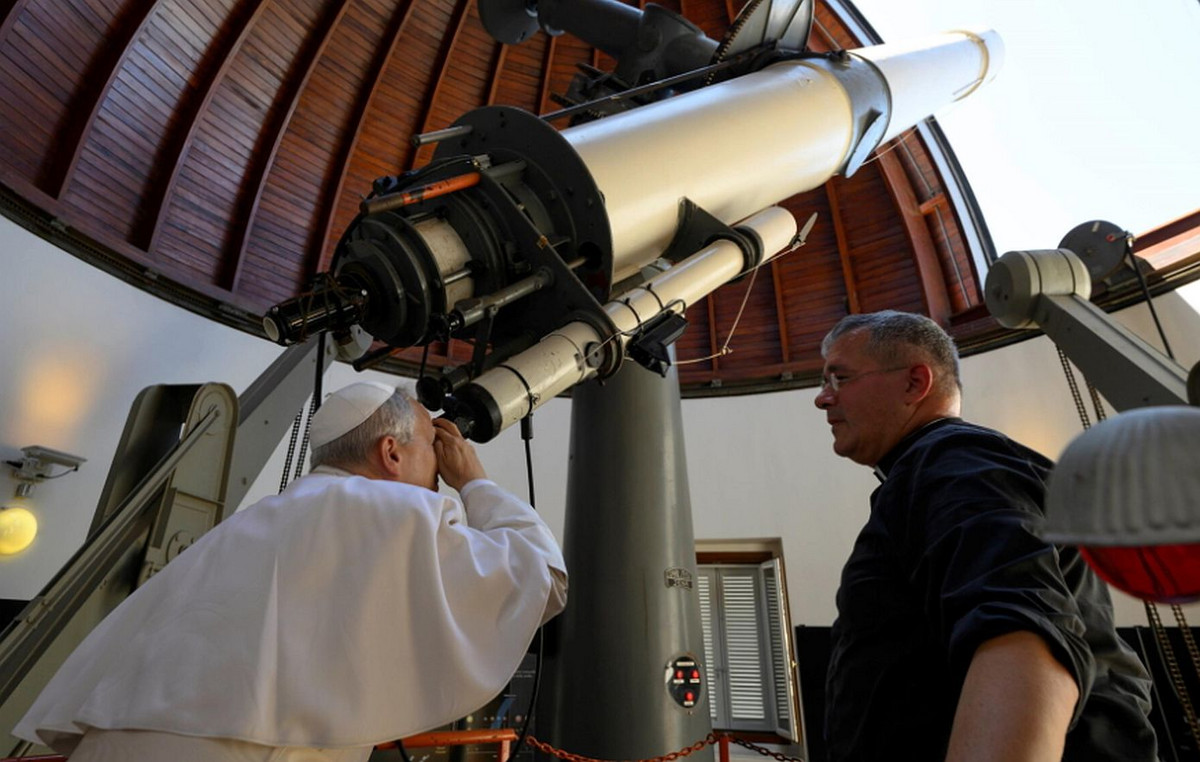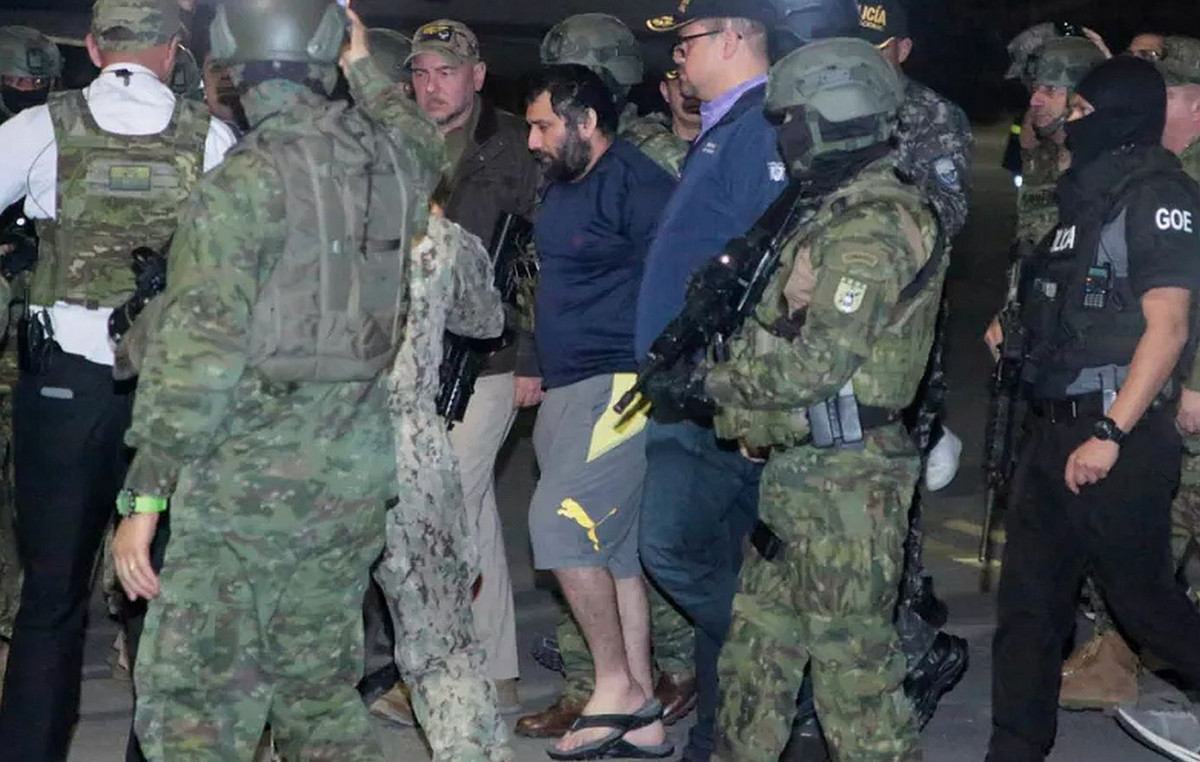The International Criminal Court was created in 2002 and is tasked with prosecuting individuals for genocide, crimes against humanity and war crimes.
Although the ICC is independent, it is endorsed by the General Assembly and has a cooperation agreement with the UN. When a case does not fall within the jurisdiction of the ICC, the UN Security Council can refer that case to the court.
The body can investigate alleged crimes committed on the territory, or by a national, of any state that accepted the court’s jurisdiction by signing the Rome Statute, the treaty that established the ICC. Any member state can ask the prosecutor to launch an investigation.
More than 120 countries are signatories to the Rome Statute, but Israel is not, nor are some major powers, including the United States, Russia, China and India. While the court cannot impose arrests, signatory states are required to apprehend those facing warrants.
Following the ICC’s decision on Thursday (21), all member countries are obliged to arrest Israeli Prime Minister Benjamin Netanyahu and former Defense Minister Yoav Gallant if they set foot on their territories.
The ICC has already issued arrest warrants against former Sudanese President Omar al-Bashir, Saif Gadhafi, son of the late Libyan leader Muammar Gadhafi, and, most recently, Russian President Vladimir Putin.
This content was originally published in What is the International Criminal Court and who can arrest Netanyahu? on the CNN Brasil website.
Source: CNN Brasil
Bruce Belcher is a seasoned author with over 5 years of experience in world news. He writes for online news websites and provides in-depth analysis on the world stock market. Bruce is known for his insightful perspectives and commitment to keeping the public informed.







